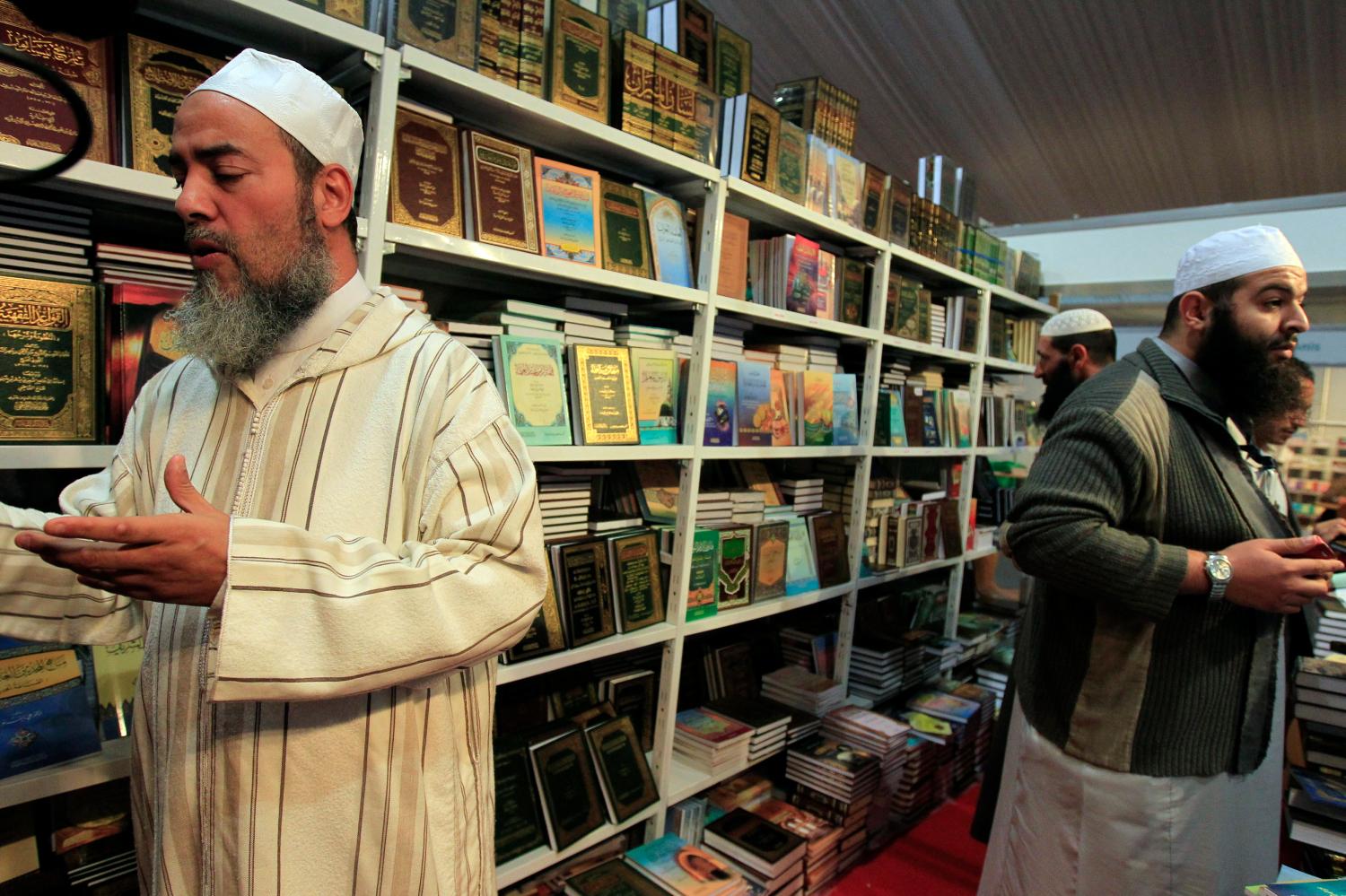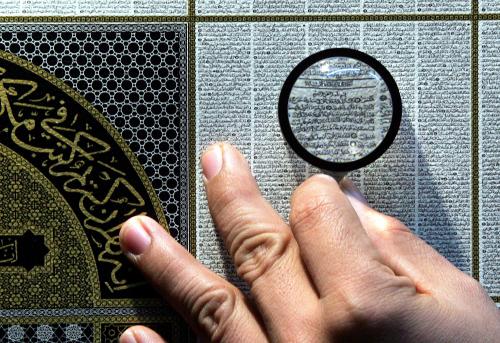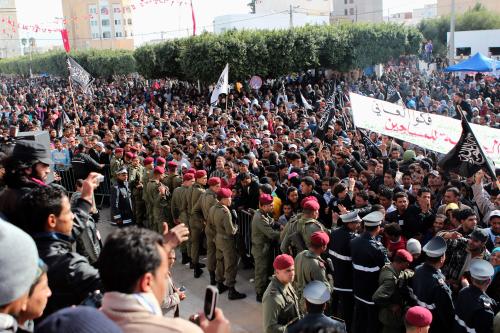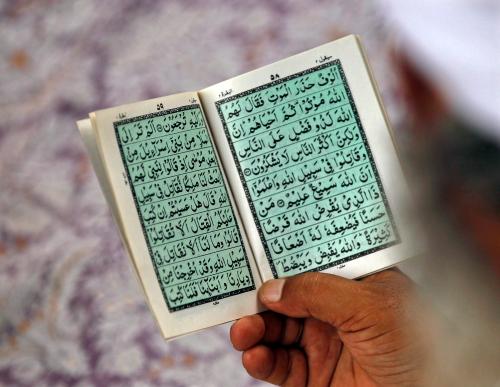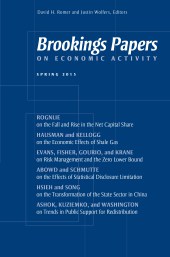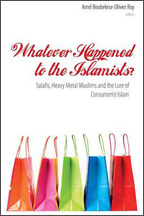introduction
In post-Soviet Central Eurasia, the Islam of the “disinherited”—a trend visible among those dispossessed by privatization, shock therapy, and confiscation of wealth by oligarchs during the 1990s—has today morphed into something approaching a prosperity theology. In other words, Islam has conformed—or adapted—to the rules of a globalized market and capitalist economy. After nearly three decades of deep economic transformations in Central Eurasia, we are now witnessing the rise to power of a transnational Islam adapted to the rationale of the market economy. With globalization, Islam has embraced key themes of the world market and become a vehicle for individual autonomy. My goal in this paper is to examine the dissemination strategies of the transnational Salafi movement in post-Soviet Kazakhstan through the study of its connections with the local business sector.
Kazakhstan, a rentier economy, relies heavily on oil, which accounts for 60 percent of its exports and more than 40 percent of state budget revenues. The country has been economically strengthened by two decades of “shock therapy” and massive foreign investment in hydrocarbons. Throughout the Central Asian region, the growth of the 2000s can be explained by a rise in consumption and by the boom in the construction and financial sectors—but not by the creation of new industrial wealth or know-how.
Although Kazakhstan is far wealthier than its Central Asian neighbors (despite the economic crisis that forced Kazakhstan to devalue its currency, the tenge, in August 2015), stark economic inequality is increasingly apparent: The market economy has widened the gap between rich and poor and created new social structures that divide the winners of the country’s transformation from the losers. This has not, however, prevented the appearance of a new if fragile urban middle class. In Kazakhstan, as in the rest of Central Asia, the government, media, public, and experts alike portray Salafism as an agent of Saudi Arabian influence. Yet there is an open question as to whether Salafism— and specifically the Salafi business sector—represents some form of Saudi religious soft power in Kazakhstan.1
Any answer to this question must begin by stressing the limitations placed on Saudi religious soft power in Kazakhstan. Despite maintaining a variety of connections with Saudi Arabia, mostly via business networks,2 Kazakh Salafi networks receive little if any direct financial support from Saudi Arabia. Indeed, any attempt by the latter to finance local actors is regarded with a great deal of suspicion: The Kazakh government fears both political interference by Islamic states and the spread of banned forms of Islam, including Saudi Wahhabism and Salafism. The state’s instrumentalization of Islam has led to the promotion of state-advocated “good” Islam (Hanafism)—considered a “traditional” faith adapted to the history of the Kazakh nation, and therefore supposedly moderate3—and the corresponding disqualification of “bad” Islam such as Salafism,4 which, like other “non-traditional” faiths, is represented as a foreign export alien to Kazakh traditions.
As this binary division might suggest, official and public discourses make no distinction between the trends within global Salafism. Local Kazakh Salafis are variously depicted by government and state controlled media as “Wahhabis,” “terrorists,” and “fundamentalists” striving to establish an Islamist theocracy in secular Kazakhstan. The Kazakh government’s efforts to counter “extremism” have led to significant securitization within the country: Since 2014, over 325 citizens have been accused of “inciting national, racial, religious, and social hatred,” receiving prison sentences of between two and seven years. Local and global jihadist and terrorist events—such as the series of terrorist attacks in Atyrau (2011), Aktobe (2012), and Almaty (2016)—have contributed to amplifying criticism of Salafism.
In this context, Kazakh Salafis are framed as transnational religious actors—as vectors of transmission of Saudi Salafism. Yet there is also local adaptation of Salafism to the social and political conditions of Kazakhstan.5 One of the main features of this localized Salafism, at least among the new urban middle classes, is its quietist political stance; far from positioning themselves as a political opposition upholding “original” Islam against an “impious” regime, this quietist Salafism views the secular Kazakh regime as legitimate. The majority of Salafis in Kazakhstan embody this Sunni quietism, which maintains that rulers must be obeyed, however irreligious they may be. Kazakh Salafis loudly proclaim their loyalty to the ruler, Nursultan Nazarbayev, the country’s authoritarian ruler since it gained independence in 1991 with the fall of the Soviet Union. Two prominent examples are Daryn Mubarov (who is currently being prosecuted despite arguing that “you should not protest the government because that leads to chaos”) and Rinat Abu Muhammad, who emphasizes that “you must obey N. Nazarbayev” (his website salaf.kz has been shut down).6 As the unforgiving response from the government demonstrates, even Salafism as quietist as this arouses mistrust among Kazakh political elites, who continue to worry that it might become politicized in a way that could undermine state structures.
-
Footnotes
-
There are at least two forms of what might be considered direct religious soft power in Kazakhstan. The first is the Gulen/hizmet movement, which, in Kazakhstan as in the rest of the region, was long an instrument of Turkish influence. The Gulen network exists in various sectors, especially education, where it has developed schools and higher education centers operated by expatriate Anatolian Turks. The alliance between Gulen and Erdogan imploded around 2013, and since then Gulen schools, although still active in Kazakhstan, have ceased to act as a soft power tool serving the interests of the Turkish government. The second form of religious soft power is what Manja Stephan-Emmrich, looking at the case of Tajikistan, has called the “Dubai model”: the religious reform projects of Central Asian students, tourists, migrants, etc., that produce an “Arabization” or, more precisely, a “Dubaization” of Islam, mainly through Islamic fashion and sharia-compliant tourism. See Bayram Balci, “Fethullah Gülen’s Missionary Schools in Central Asia and their Role in the Spreading of Turkism and Islam,” Religion, State & Society 31, no. 2 (2003): 151-177 and Manja Stephan-Emmrich, “Playing cosmopolitan: Muslim self-fashioning, migration, and (be-)longing in the Tajik Dubai business,” Central Asian Affairs,
(2017): 270-291. - Saudi Arabia uses the Islamic Development Bank (IDB) as a vector of soft power over the Muslim world. The situation is rather different in Kazakhstan than in the rest of the Muslim world: The Kazakh government has refused most investments of a religious character and ratified only those focused on infrastructure or agriculture. Yet Kazakhstan has a number of sharia-friendly organizations working in the country: Fattah Finance (one of the first companies to provide financial services compliant with Islamic standards), Istisna’a Corporation (one of the leading Islamic financial consultancies), and Halal Mutual Insurance Takaful. According to the partnership program for 2012 to 2014, the IDB invested $1.2 billion into Kazakhstan’s economy in that period. The influence of private banks and investment funds from the Gulf is probably less controllable in Kazakhstan than elsewhere. The Gulf countries often link their investments with cultural engagement (opening up cultural centers or financing mosques, madrasas, or charity associations). As for private banks, they focus on providing services to individuals or businesses. See Sébastien Peyrouse, “Islamic Finance in Central Asia: A Religious or Political Influence?,” CERIA Brief, Central Asia Program, no. 16, March (2016): 1-7.
-
The government continues to recognize as legitimate and legal only those mosques registered with the SAMK, the government-affiliated
Sunni Hanafi organization led by the grand mufti, with offices in Almaty and Astana. The SAMK controls the activities of all 2,529 formally registered Muslim groups affiliated with the Sunni Hanafi school and has authority over the construction of new mosques, the appointment of imams, and the administration of examinations and background checks for aspiring imams. - In September 2016, the Kazakh government created a new Ministry of Religious and Civil Society Affairs (MRCSA), taking responsibility for religious issues and the Committee for Religious Affairs (CRA) away from the Ministry of Culture and Sport.
- “To be successful it appears necessary for transnational religious actors to be successful in maintaining and disseminating their global message while adapting to the local.” Jeffrey Haynes, Causes and Consequences of Transnational Religious Soft Power.
- I owe this information to the scholar Wendell Schwab, whom I greatly thank.
-
There are at least two forms of what might be considered direct religious soft power in Kazakhstan. The first is the Gulen/hizmet movement, which, in Kazakhstan as in the rest of the region, was long an instrument of Turkish influence. The Gulen network exists in various sectors, especially education, where it has developed schools and higher education centers operated by expatriate Anatolian Turks. The alliance between Gulen and Erdogan imploded around 2013, and since then Gulen schools, although still active in Kazakhstan, have ceased to act as a soft power tool serving the interests of the Turkish government. The second form of religious soft power is what Manja Stephan-Emmrich, looking at the case of Tajikistan, has called the “Dubai model”: the religious reform projects of Central Asian students, tourists, migrants, etc., that produce an “Arabization” or, more precisely, a “Dubaization” of Islam, mainly through Islamic fashion and sharia-compliant tourism. See Bayram Balci, “Fethullah Gülen’s Missionary Schools in Central Asia and their Role in the Spreading of Turkism and Islam,” Religion, State & Society 31, no. 2 (2003): 151-177 and Manja Stephan-Emmrich, “Playing cosmopolitan: Muslim self-fashioning, migration, and (be-)longing in the Tajik Dubai business,” Central Asian Affairs,
(2017): 270-291.
Sunni Hanafi organization led by the grand mufti, with offices in Almaty and Astana. The SAMK controls the activities of all 2,529 formally registered Muslim groups affiliated with the Sunni Hanafi school and has authority over the construction of new mosques, the appointment of imams, and the administration of examinations and background checks for aspiring imams.
The Brookings Institution is committed to quality, independence, and impact.
We are supported by a diverse array of funders. In line with our values and policies, each Brookings publication represents the sole views of its author(s).
